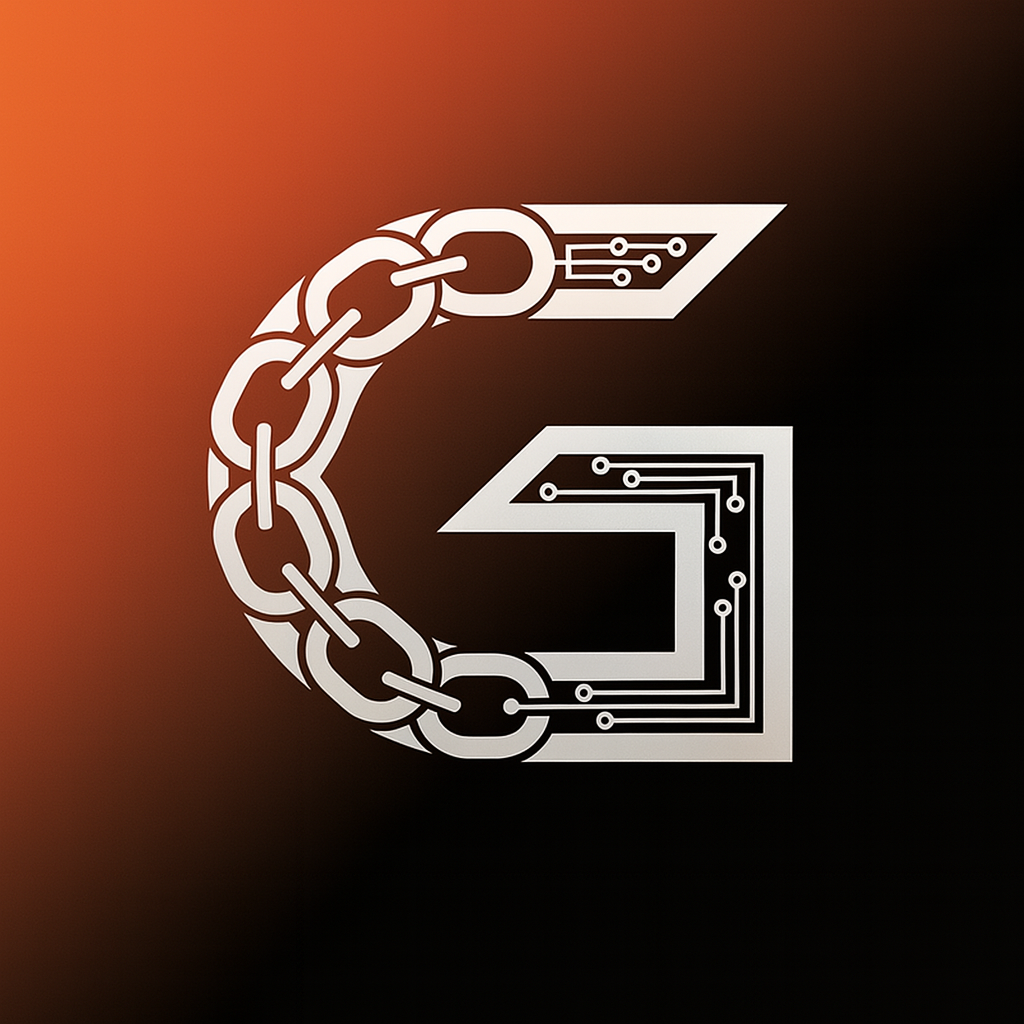Zero-Knowledge Proofs in Validator Infrastructure

Zero-knowledge cryptography is poised to revolutionize validator operations by enabling privacy-preserving transparency and unprecedented scalability. This technical exploration demonstrates practical applications of ZK-proofs in validation processes that were previously impossible without this cryptographic breakthrough.
Zero-Knowledge Proof Applications
- •Cryptographic Verification: Enables validators to prove correct computation without revealing underlying data, enhancing privacy and scalability.
- •ZK-SNARKs vs. ZK-STARKs: Different proof systems offering tradeoffs in terms of proof size, verification time, and cryptographic assumptions.
- •Validator Capabilities: Enables new functions like private attestations, succinct block validation, and proofs of correct execution.
- •Scalability Improvements: Generating proofs that can be verified more efficiently than re-executing computations significantly enhances throughput.
The blockchain ecosystem continues to evolve at a rapid pace, with new technologies and approaches constantly emerging. Implementing the right technical solutions is essential for validators seeking to provide reliable and efficient services.
Understanding the Fundamentals
Zero-knowledge proofs represent a revolutionary cryptographic technology that enables validators to prove they have performed specific computations correctly without revealing the underlying data. This has profound implications for blockchain scalability, privacy, and security verification. ZK-SNARKs and ZK-STARKs, the two primary families of zero-knowledge proof systems, offer different tradeoffs in terms of proof size, verification time, and cryptographic assumptions. For validators, these technologies enable new capabilities like private attestations, succinct block validation, and proof of correct execution. By generating cryptographic proofs that can be verified much more efficiently than re-executing the computation, validators can significantly improve scalability while maintaining the security guarantees that blockchain users expect.
Key Considerations for Validators
Professional validators must consider several critical factors to ensure reliable and competitive services:
Technical Implementation
Looking Ahead
Zero-knowledge technology will continue its rapid advancement, with optimizations to proof generation time and verification costs opening new possibilities for validator services. The intersection of ZK proofs with other emerging cryptographic primitives will create entirely new categories of blockchain applications requiring specialized validation expertise.
Conclusion
As the blockchain space continues to mature, the role of professional validators becomes increasingly important. By staying informed about the latest developments, implementing best practices, and maintaining a commitment to security and reliability, validators can provide valuable services to the networks they support while building sustainable businesses.
At Gigantic Nodes, we remain dedicated to advancing the state of validator operations and sharing our knowledge with the broader community. We believe that professional infrastructure providers play a crucial role in the blockchain ecosystem, and we're committed to setting the highest standards for reliability, security, and performance.
